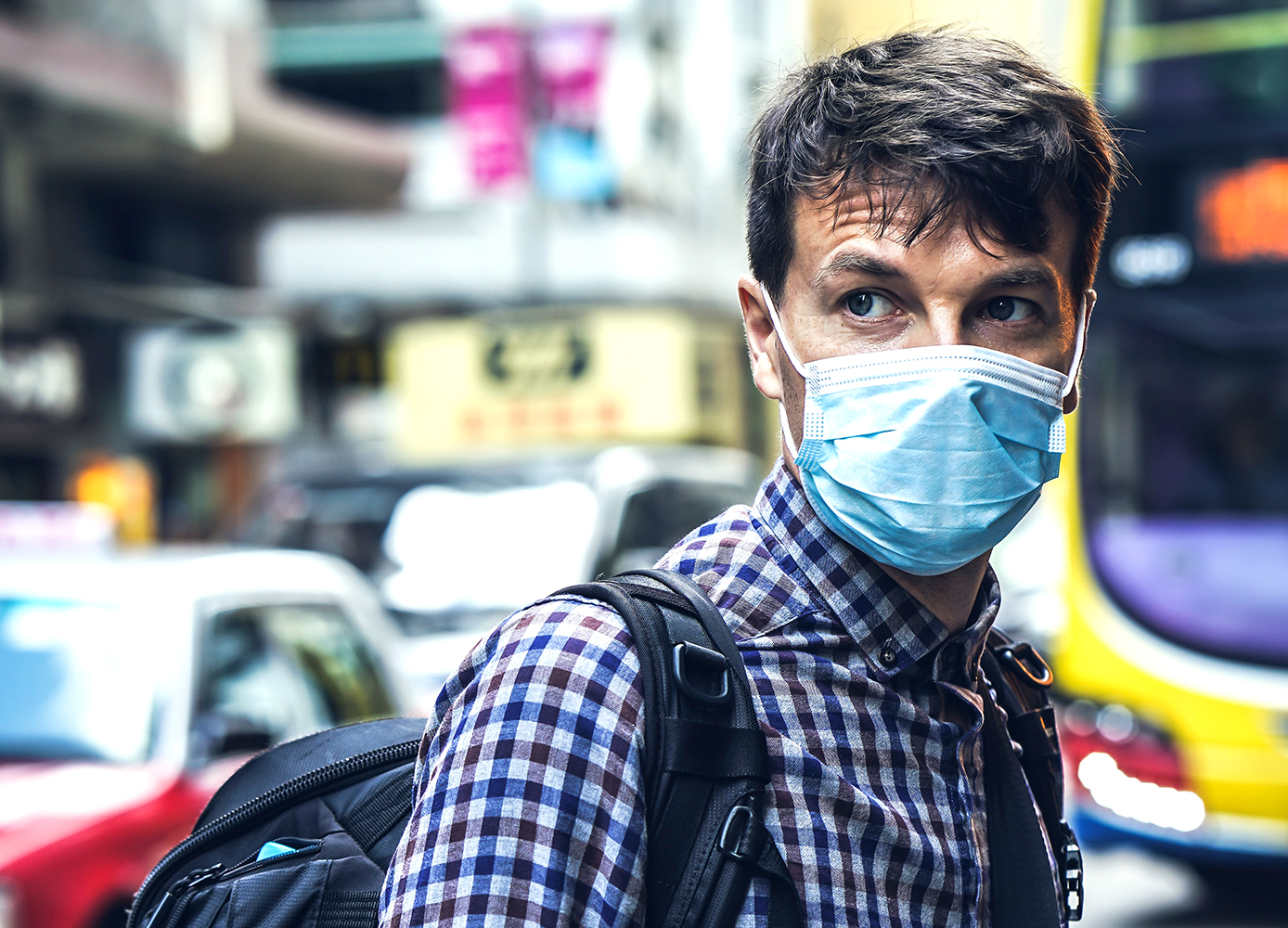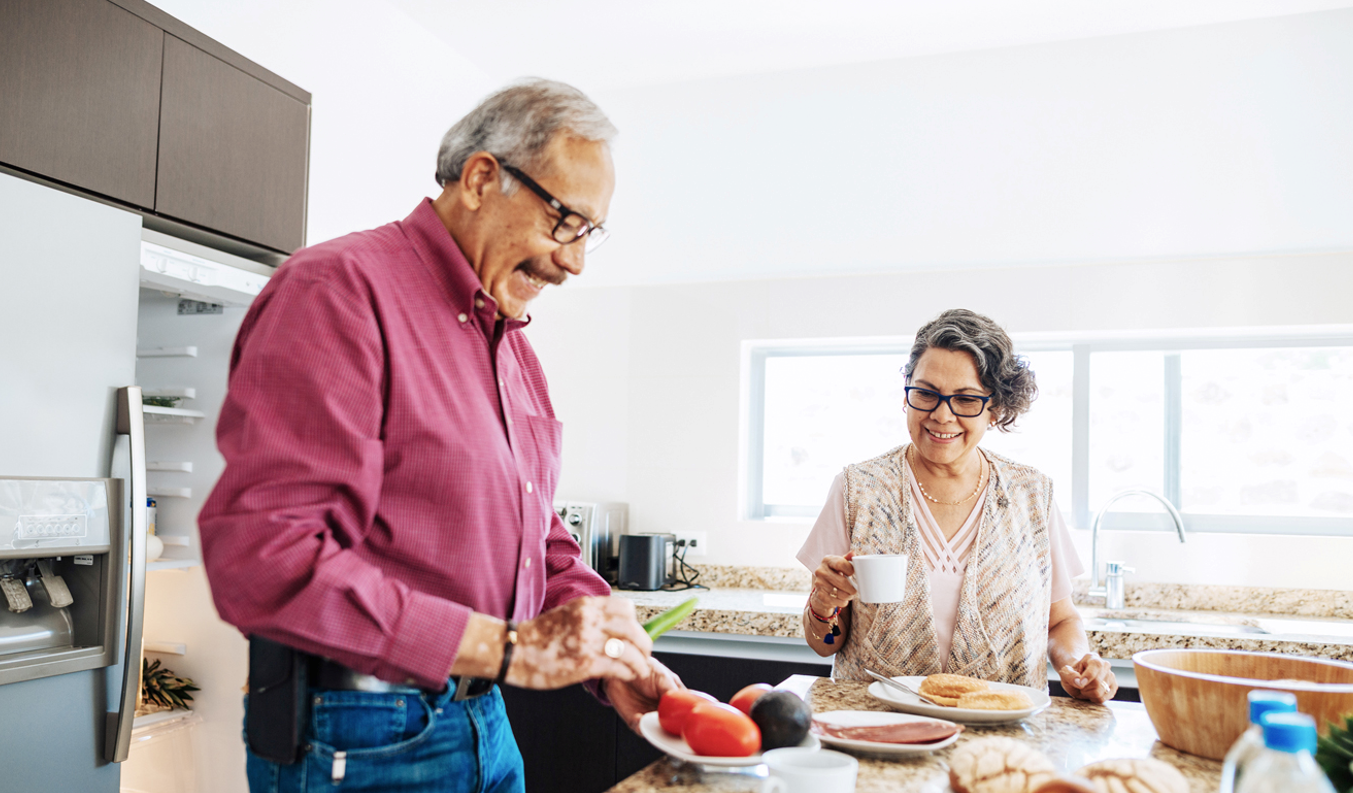Exposing the population to COVID-19 to spread immunity won’t work, experts say
An idea you might hear about or see discussed on social media is the notion that healthy people should go out of their way to expose themselves to COVID-19 to build up what’s called herd immunity in society. Epidemiologists are warning that it’s a bad idea.
Herd immunity refers to the percentage of the population that must be immune to a virus—thanks to having been either infected or vaccinated—to make its continued spread unlikely. The percentage varies from virus to virus; for measles, it’s been estimated to be as high as 95% of the population. In a recent ABC News report, an expert from Johns Hopkins University said that the number for COVID-19 is 50% to 60%.
But as there’s no vaccine yet available, any immunity will come from having been infected with the virus—and having survived.
The pursuit of mass immunity could easily create serious problems for hospitals around the world that are already above capacity or nearing it, Dr. William Hanage, a Harvard University epidemiologist, said in an interview with ABC News.
‘What really matters is how you get to herd immunity,” he said. “And it will be impossible to get there without a large number of deaths.”
The idea we should pursue such a goal also relies on the assumption that those who contract the virus build up immunity afterwards, something that has yet to be proven, Winnipeg-based epidemiologist Cynthia Carr said in an interview with HuffPost Canada. We also don’t know yet whether a person can be reinfected.
Moreover, the virus that causes COVID-19 is related to MERS, a respiratory coronavirus that came out of Saudi Arabia in 2012, which doesn’t provide immunity to those who recover. Studies have found people who contract MERS had lost antibodies to the virus as soon as six months after recovering, and there’s a possibility COVID-19 could operate in the same way.
Any attempts to spread the virus will only put elderly people and those with weakened immune systems at a higher risk for contracting and dying from the disease, experts warn.
“Think about your mom, your grandma, your sister, your child,” Carr told HuffPost. “How would you feel if they were the one that got really sick? It’s not worth it.”
“The government is not going to ease the social distancing sanctions until they see the curve going in the right direction. So you are actually not only putting yourself at risk, you would be continuing to harm the economy and the people who are already teetering on the edge financially.”





